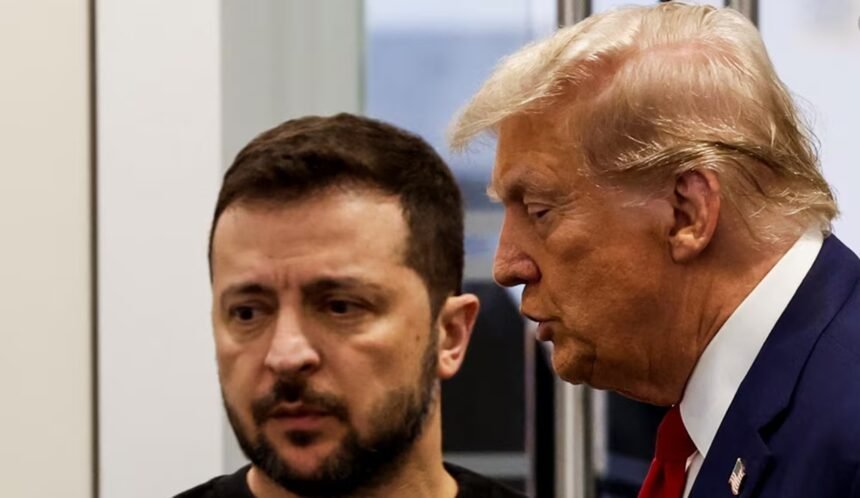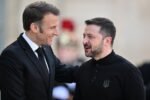In a sudden shift, U.S. President Donald Trump suggested that Ukraine could reclaim all its territory occupied by Russia with support from European allies.
The comments, made via social media after meeting Ukrainian President Volodymyr Zelensky on the sidelines of the UN General Assembly, surprised observers, as Trump and other U.S. officials had previously implied that Ukraine might need to cede some territory to Russia in any peace deal.
Key Questions Raised
- Will Trump withdraw from his push for a negotiated peace?
- Are new U.S. sanctions on Russia still on the table?
- Could this rhetorical shift influence Kremlin calculations in the war?
Sanctions and U.S. Policy
Trump highlighted Russia’s severe economic difficulties as a reason for his new position, suggesting Ukraine could regain its borders “with time, patience, and financial support from Europe, particularly NATO.” However, he did not mention new sanctions, leading analysts to interpret this as a signal that Washington may not pursue further punitive measures immediately.
In a separate UN address, Trump reiterated that the U.S. is prepared to impose strong tariffs and sanctions if Russia refuses peace, but stressed that European states must participate for such measures to be effective.
Implications for Ukraine
Previously, a major concern for Kyiv was that Trump, prioritizing the war’s end, might pressure Ukraine into a settlement allowing Russia to retain occupied territory. His recent statements suggest the U.S. will not push Ukraine for territorial concessions.
Experts, such as Sam Greene of King’s College London, note this could signal U.S. acceptance of a peace outcome that fully preserves Ukraine’s sovereignty and territorial integrity.
Strategic Messaging
While Trump emphasizes European and Ukrainian responsibility in the conflict, some analysts argue his post stresses logistical support rather than direct U.S. military involvement, effectively placing more burden on NATO allies. His farewell-like remarks—“I wish both countries all the best”—further raised questions about his long-term engagement in resolving the war.
Russian Reaction
Russia largely downplayed Trump’s statements, indicating they would not alter Moscow’s strategy or tactics. Kremlin spokesperson Dmitry Peskov emphasized that battlefield realities, not political statements, determine outcomes. Analysts suggest Russia will monitor U.S. actions more than rhetoric.
European leaders may interpret Trump’s statements as a signal that Washington will allow European allies to provide weapons and support to Ukraine, without obstruction, while Ukraine and Europe remain cautious about potential future policy reversals.







